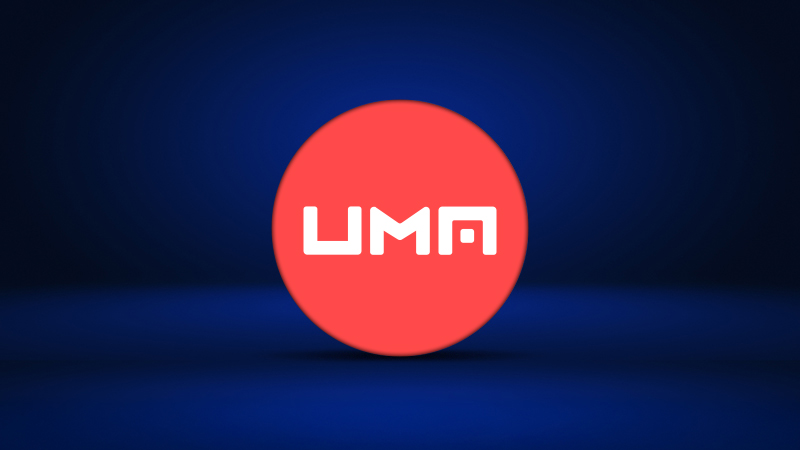
The decentralized finance (DeFi) ecosystem continues to evolve and expand with the capabilities offered by blockchain technology. One of the prominent projects within this space is UMA (Universal Market Access), an innovative protocol designed to enable universal access to financial contracts. UMA’s native token, UMA Coin, plays a vital role in both governance and network security. In this article, we will explore what UMA Coin is, how it works, and the opportunities it presents to investors.
What Is the UMA Protocol?
UMA is an open-source protocol built on the Ethereum blockchain, developed in 2018 by Risk Labs. The core objective of the project is to simplify the creation of decentralized financial products and ensure global access to them.
With the UMA protocol, users can create collateral-backed synthetic assets and financial contracts. These contracts function similarly to traditional financial instruments such as options, futures, or swaps but operate entirely on the blockchain in a decentralized manner.
What Is UMA Coin and What Is It Used For?
UMA Coin is the native token of the UMA protocol and plays a key role in the platform’s governance mechanism. Token holders are granted the following rights:
- Governance Voting: UMA holders can vote on important decisions such as the approval of new contract types, protocol upgrades, and network parameters.
- Data Verification: UMA utilizes a unique oracle mechanism known as the “Optimistic Oracle.” Token holders are responsible for verifying data submitted through this oracle system.
- Security Incentives: Contributors to the network can earn UMA tokens through reward mechanisms that promote active participation and system integrity.
Key Features of UMA
1. Optimistic Oracle Mechanism
UMA’s Optimistic Oracle system only intervenes when there is a dispute over the data provided. This approach reduces transaction costs and enables faster system operations.
2. Synthetic Asset Creation
Users can create synthetic tokens pegged to the value of assets such as gold, stock indices, or fiat currencies through the UMA protocol. This enables exposure to asset price movements without physically owning the underlying assets.
3. High Flexibility and Adaptability
UMA provides developers with a wide range of possibilities, allowing for the creation of customizable financial contracts suitable for various investment strategies.
Use Cases of UMA Coin
- Governance: Community members can vote on proposed changes to the protocol.
- Collateralization: UMA tokens can be used as collateral when issuing synthetic assets.
- Staking and Rewards: Validators who contribute to the network can earn UMA tokens as rewards.
- Dispute Mechanism: Token staking is used in the dispute process to challenge the accuracy of oracle data.
How to Buy UMA Coin?
Reliable and regulated cryptocurrency exchanges like ICRYPEX offer a user-friendly and secure environment for buying and selling UMA Coin.
The Future of UMA Coin
UMA presents a strong vision of democratizing financial access within the DeFi space. With its flexible architecture, advanced oracle technology, and governance model, UMA has the potential to shape not only today’s but also tomorrow’s financial infrastructure.
As interest in DeFi projects continues to grow, UMA Coin is expected to gain further adoption and expand use cases. However, as with any digital asset, investing in UMA Coin requires careful research and a thoughtful approach.
UMA Coin is a fundamental component of the UMA protocol, a project committed to creating a more inclusive and accessible decentralized finance landscape. With its innovative oracle system, robust governance structure, and ability to generate synthetic assets, UMA holds a significant position in the DeFi ecosystem.
Investors should consider the technological foundation and use cases offered by UMA when evaluating this innovative project. It is essential to remember that successful investing involves not only assessing potential returns but also effectively analyzing the associated risks.